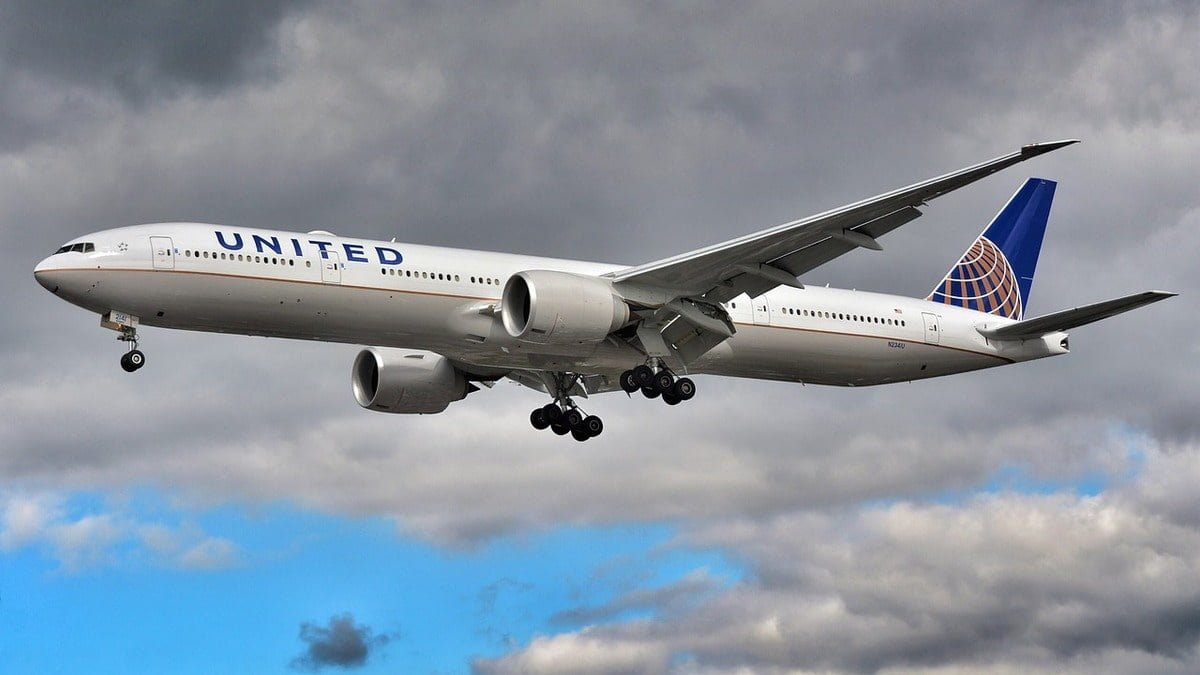
Quick Read
Kim Jong-un and Vladimir Putin Forge Strategic Alliance
In a significant geopolitical development, North Korean leader Kim Jong-un and Russian President Vladimir Putin have solidified their alliance, a move with far-reaching implications for international relations. This renewed partnership between Pyongyang and Moscow is set against the backdrop of escalating global tensions and the shifting balance of power.
Historic Meeting in Pyongyang North Korea
On June 19, 2024, Kim Jong-un hosted Vladimir Putin in Pyongyang, marking a historic moment for both nations. This visit, laden with diplomatic symbolism, underscores the deepening ties between North Korea and Russia. The two leaders engaged in extensive discussions, covering a range of topics from military cooperation to economic collaboration.
Key Points of Discussion
Military Cooperation: Both nations have agreed to enhance their military collaboration. This includes joint exercises, intelligence sharing, and potential arms deals. The strategic significance of this partnership cannot be overstated, especially in the context of increasing Western military presence in Asia.
Economic Collaboration: Russia has committed to investing in North Korea’s infrastructure, including energy and transportation projects. These investments are crucial for North Korea’s economic development and for Russia’s strategic interests in the Korean Peninsula.
Diplomatic Support: Putin reaffirmed Russia’s support for North Korea in international forums, pledging to oppose sanctions and promote diplomatic recognition of the DPRK.
Implications for Global Security
The alliance between North Korea and Russia has significant implications for global security. This partnership could alter the strategic calculations of other major powers, particularly the United States, China, and South Korea. The increased military cooperation between Pyongyang and Moscow poses a direct challenge to the current security architecture in East Asia.
Potential Responses from Global Powers
United States: The U.S. is likely to strengthen its alliances with South Korea and Japan, increasing military presence in the region as a countermeasure.
China: Beijing might view this alliance with cautious interest, balancing its relationship with both North Korea and Russia while managing its strategic rivalry with the U.S.
South Korea: Seoul may enhance its defense capabilities and seek stronger security guarantees from its allies, particularly the U.S.
Economic and Political Repercussions
The economic collaboration between North Korea and Russia could lead to significant changes in the regional economic landscape. Russian investments in North Korean infrastructure are expected to boost the DPRK’s economy, providing it with much-needed resources and development.
Key Economic Developments
Energy Projects: Russia’s involvement in North Korea’s energy sector will help alleviate chronic power shortages in the DPRK, promoting industrial growth and improving living standards.
Transportation Links: Improved transportation infrastructure will facilitate trade and mobility, integrating North Korea more closely with regional economies.
Diagram: Strategic Alliance Framework

Conclusion: A New Geopolitical Reality
The deepening alliance between North Korea and Russia represents a significant shift in the geopolitical landscape. As Kim Jong-un and Vladimir Putin continue to strengthen their ties, the international community must navigate the complexities of this new partnership. The implications for global security, economic development, and diplomatic relations are profound, marking the beginning of a new era in East Asian and global geopolitics.
To read more latest news, click here.







